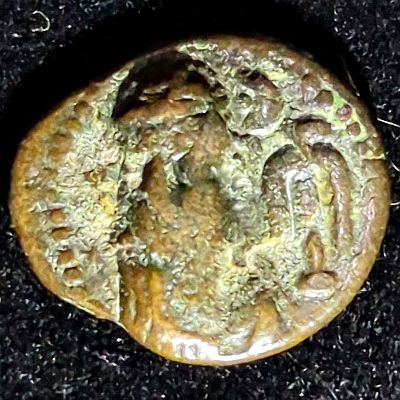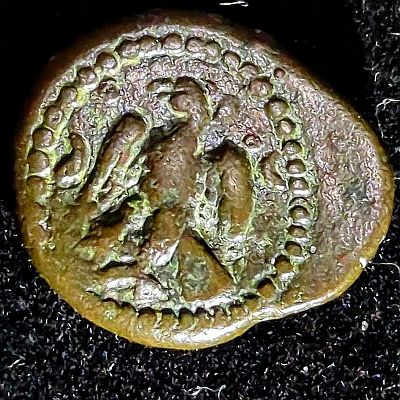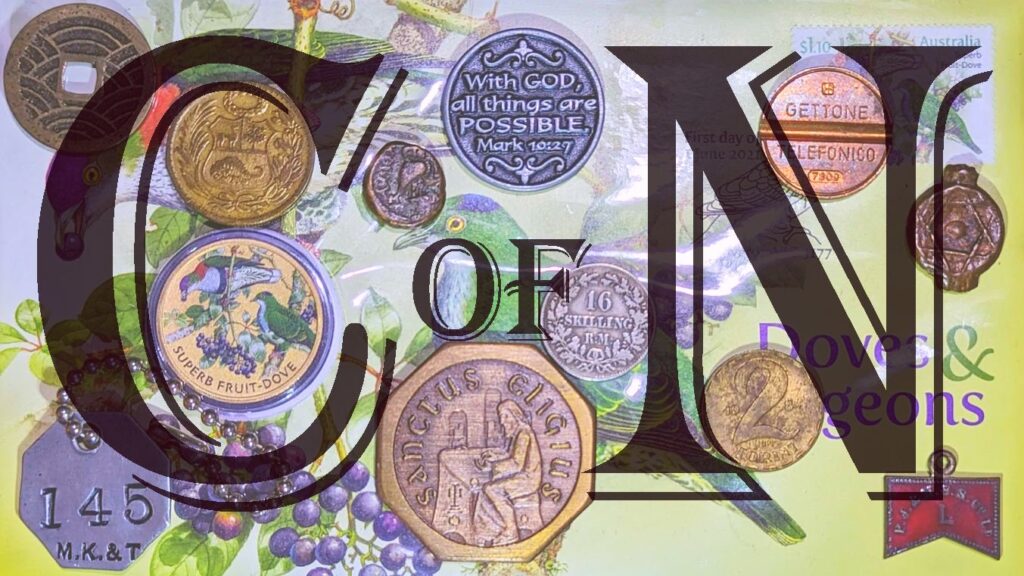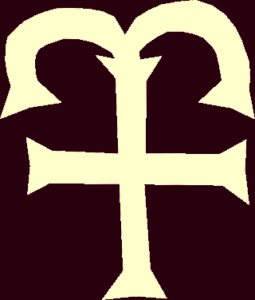A nice eagle on a largely unknown coin

The Kingdom of Elymais, or Elamais sat at the head of the Persian Gulf, in what is today, part of Iran. It was basically surrounded by the massive Parthian Empire, and frequently fell under their control. Both Elymais and the Parthian Empire were previously part of the Seleucid Empire until the 2nd Century BC. Elymais existed from 147 BC to 221 – 222 AD. Coins from Elymais were based on debased (lower or no silver content) Greek Drachms and Tetradrachms. The coins depict a king, although whether this was a local ruler or a Parthian king is unknown. To his right is an anchor. Nothing is known of their language, and indeed, many coins feature only elongated dots, which has led numismatists to believe that the engravers didn’t know Greek or copied from coins whose writing was already unintelligible.

I really like the eagle on the reverse of this piece. This clear beaded border on this side also highlights the slight elongation of the flan. This coin was possibly issued under King Phraates, who ruled around the late 1st / early 2nd century.
The Elymaeans were reputed to be skilled archers. In 187 BC, they killed Antiochus III the Great after he had pillaged their temple of Bel. The temple is written to have contained golden coverings, breastplates, and weapons left there by Alexander son of Philip, the Macedonian king who first reigned over the Greeks.
That recorded history largely comes from the deuterocanonical book of 1 Maccabees – it is a book which doesn’t appear in the bible, but which appears to be largely accurate and a good account of the period 170 – 134 BC (deuterocanonical means secondary canon – basically they are books which are seen as important historical documents, if not divine).
The kingdom of Elymais survived until its extinction by a Sasanian invasion in the early 3rd century AD.


Leave a Reply